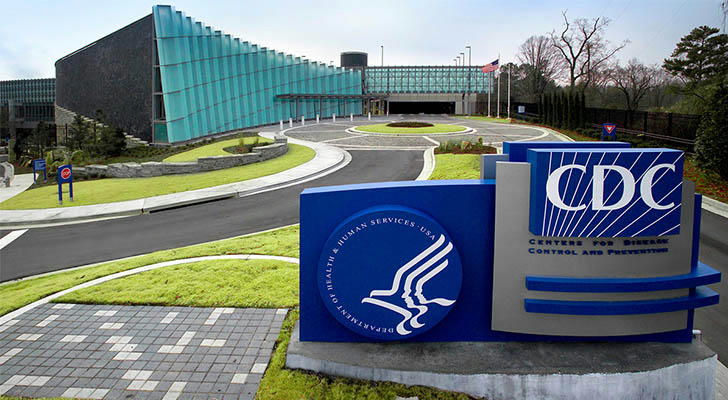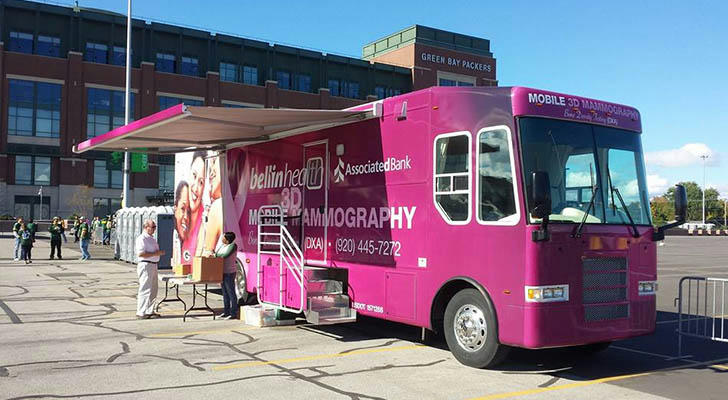NBCCEDP: A Line of Defense for Women's Health
Breast cancer and cervical cancer screening cannot wait🔽
Early detection can save lives. For millions of women across the United States, breast and cervical cancer screening is more than just a health check-up; it’s an important step toward protecting the future. Several national programs led by organizations such as the CDC, NBCF, and ACS provide low-cost cancer screening services to women who are uninsured, underinsured, or financially disadvantaged.

🩺 What is NBCCEDP?
The National Breast and Cervical Cancer Early Detection Program (NBCCEDP), launched by the Centers for Disease Control and Prevention (CDC), is a public health program for low-income, uninsured, or underinsured women across the United States.
Since 1991, the program has provided services to over 6 million women, leading to the early detection and treatment of thousands of cancers and precancerous lesions.
🔍 Why Are Breast and Cervical Cancer Screenings So Important?
These two cancers are common among women, but they share one crucial trait — early detection can save lives.
Breast Cancer:
Early detection can raise the cure rate to over 90%.
Cervical Cancer:
Usually caused by HPV infection, it progresses slowly, and screening can stop cancer before it starts.
Most women show no symptoms in early stages. By the time symptoms appear, it’s often too late.
Regular screening = invisible safety net
💡 What Services Does NBCCEDP Provide?
This program is more than just a single test — it’s a comprehensive health management service:
| Service Type | Description |
|---|---|
| 🧪 Cancer Screening | Mammograms, Pap tests, HPV tests |
| 🧭 Diagnostic Support | Further exams if screening is abnormal — e.g., ultrasound, biopsy |
| 🧑⚕️ Referral Service | Referral to qualified local medical providers for diagnosis and treatment |
| 📋 Health Education | Promoting health knowledge and self-care awareness |
👩⚕️ Who Is Eligible?(You don’t have to worry about cost or low-cost screening)
NBCCEDP is designed for:
Women aged 40–64 (for breast cancer screening)
Women aged 21–64 (for cervical cancer screening)
Women with no insurance or insufficient coverage
Income below 250% of the federal poverty level
Some women younger or older may still be eligible — check with your local program.
NBCCEDP services are available in all 50 U.S. states, including:
Washington D.C.
American Samoa
Guam
Northern Mariana Islands
Puerto Rico
U.S. Virgin Islands
13 Indian tribes and tribal organizations
✅ Six Major Health Benefits of Screening
| Benefit | Details |
|---|---|
| ✅ Early Detection | Increases cure rate, lowers treatment burden |
| ✅ Reduce Mortality | National data confirms screening saves lives |
| ✅ Avoid Invasive Treatment | Pre-cancer or early-stage cases may not need chemo or surgery |
| ✅ Save Medical Costs | Treating early cancer is far cheaper than late-stage |
| ✅ Peace of Mind | Know your health status, reduce anxiety |
| ✅ Family Health Protection | Keeps women strong — the heart of many families |

Other national low-cost mammography programs
| Program Name | Organizer | Target Group | Services Provided |
|---|---|---|---|
| NBCCEDP National Breast and Cervical Cancer Early Detection Program | Centers for Disease Control and Prevention (CDC) | Low-income, uninsured, or underinsured women | Mammograms, cervical cancer screening, diagnostic follow-up and referrals |
| NBCF National Breast Cancer Foundation Screening Program | National Breast Cancer Foundation | Low-income, uninsured, or underinsured women | Mammograms, 3D mammography, clinical breast exams, ultrasound, limited biopsies |
| ACS American Cancer Society Screening Resources | American Cancer Society | Underserved and high-risk women | Information and local referral for mammogram screening services |
📞 How to Get Started
Find Your Local Program
Use the [CDC screening program directory] to find your state’s contact info.
Apply for Services
Provide personal and income info as required.
Schedule Your Screening
Once approved, get a low-cost mammogram or Pap test at a designated clinic.
💬 Need help or want to learn about resources in your area?
Feel free to contact your local health department or visit the CDC's official NBCCEDP page.
